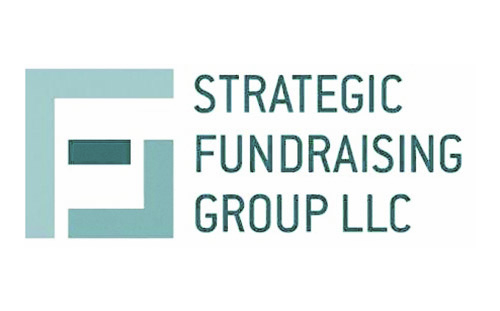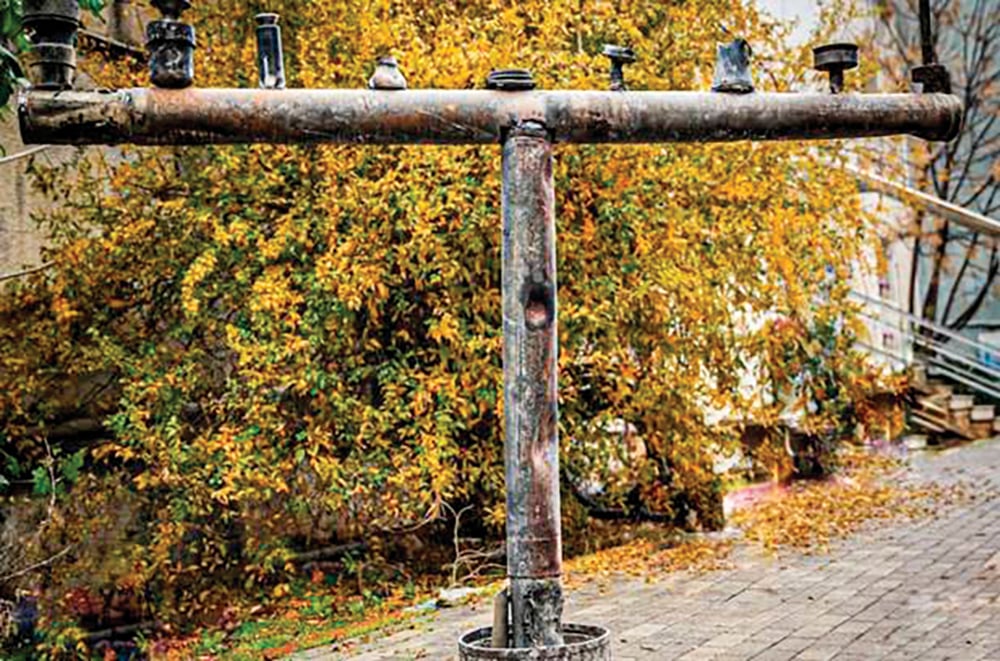
Raising money from the dead—well, it’s like raising money from the dead. Certainly a challenge, but not an insurmountable one. And, no, we do not refer to the days of Mashiach. We are talking about here and now. Truthfully, though, we raise money for the dead and not from them.
An article in The Jewish Link of New Jersey not long ago headlined “Jewish Cemeteries Rescue Group Plans Inaugural Gala” pointed to the sad fact that “there are dozens of Jewish cemeteries in the tri-state area that have significantly deteriorated, many in need of dire restoration.” Being that burial grounds are considered consecrated sites in Judaism, and they are the eternal resting places of family, friends and our brethren, the neglect of these graveyards should be both disturbing and distressing to all of us.
My wife and I visited cemeteries in Poland and Hungary where many in her ancestry are buried, especially family that lived there during and before World War II. It was a matter of dismay to see the decaying condition of many cemeteries in Europe. In the Warsaw Cemetery, for example, some 450,000 are buried but the cemetery is in dreary shape. Unfortunately, cemeteries around the world in places as far-flung as the Czech Republic, Ukraine, Russia, Bukovina, Galicia, Czernowitz and even in the Near and Far East are in deplorable condition.
Countless cemeteries represent a vanished world, yet a vibrant and colorful one that once existed but now mostly forgotten. The Jewish communities that once thrived in shtetls where the cemeteries are located were either killed, died out or moved away. Now, only an occasional caretaker, if any, is around to watch over crumbling gravestones. Fortunately, there seems to be a renewed effort by various volunteer groups to visit and clean up unkempt sites. But the need cries out for more help and support.
An organization once hired me to provide philanthropic advice and counsel on raising funds for the maintenance and increased security needs of the Mt. of Olives (Har Hazeitim) in Israel, the oldest surviving Jewish cemetery in the world. Jews have been buried there since biblical times and, among others, it houses the tombs and final resting spots for some of the most prominent Jewish citizens of antiquity through the modern era. Located in the Holy Land, it is far removed from Jews around the world and, therefore, it’s challenging to raise money for its diverse needs.
Muddying matters are the political hurdles to overcome. The environment in which the Mt. of Olives finds itself includes a powerful chevra kadisha and splinter societies that lay claim to the operations of the mountain, a hostile Arab and mosque presence that causes regular disruptions including the stoning of visitors, and the sporadic partisan involvement of Knesset ministers whose competing political needs can affect vital funding support. All these influences complicate the fundraising for this famous mountain. But fundraising tools were created or recommended including unique commemorative opportunities, various sponsorships, special events and individual and corporate membership programs.
In south Florida, Rabbi Jay Lyons, director, took on the task of establishing the South Florida Jewish Cemetery, a nonprofit endeavor, to encourage traditional Jewish burials for any Jew of any background. Under the aegis of NASCK (National Association of Chevra Kadisha) not only did it acquire the land, but on an ongoing basis seeks funding through web solicitations and other appeals. It also provides a proper funeral and monument for any indigent Jew in need. The idea is to provide an authentic and affordable green Jewish burial, and not cremation.
The nonprofit Community Alliance for Jewish-affiliated Cemeteries (CAJAC) also was mentioned in the cited Jewish Link story and is committed to restoring cemeteries in disrepair located in New Jersey and New York. It, too, has an executive director and a board of directors overseeing its sacred work. CAJAC was responsible for the restoration of the Bayside Cemetery in Ozone Park, Queens, which was founded in 1865. Its inaugural gala was just one way to fund its essential services.
Throughout the world, volunteer groups or individuals are taking on the holy mission of restoring innumerable cemeteries in desperate need of rescue or remediation. Avigdor Sharon, an Israeli citizen, took on the duty of restoring the local Jewish cemetery in Beled, Hungary, a town inhabited by many Jews before WWII, but where none are left today. One of his primary motivators was that many family members are buried there. He was a one-man marching band who got the job done by personally soliciting major philanthropists in America, Canada, England, Israel and elsewhere to raise the required funds.
So, can funding be raised for even desolate cemeteries here and around the world? Absolutely. It’s definitely not a dead issue.
Norman B. Gildin has fundraised for nonprofits for more than three decades and raised upwards of $93 million in the process. He is the president of Strategic Fundraising Group whose singular mission is to assist nonprofits raise critical funds for their organization. He can be reached at [email protected].









